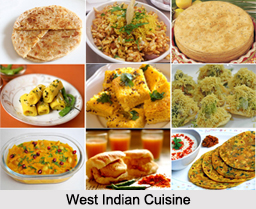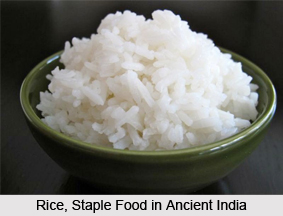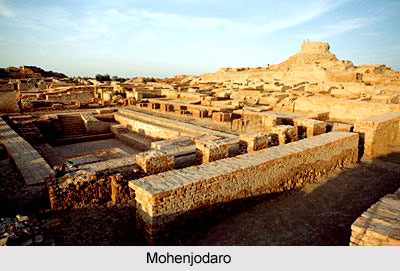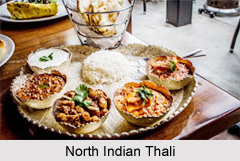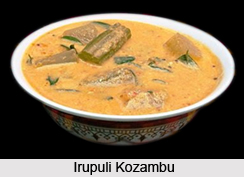 Iru Puli Kozambu is an ancient and traditional delicacy of both Tamil Brahmin and Kerala community. It is called "Iru Puli" since it has two tangy ingredients added into it to give sourness to the curry. One is the tamarind pulp and the other is the buttermilk. It serves as a great accompaniment to Idli, Dosa and can be best enjoyed with rice. There are different vegetables that can be added to this. Some vegetables commonly used are white pumpkin, okra, carrots, chayote, drumsticks or taro root.
Iru Puli Kozambu is an ancient and traditional delicacy of both Tamil Brahmin and Kerala community. It is called "Iru Puli" since it has two tangy ingredients added into it to give sourness to the curry. One is the tamarind pulp and the other is the buttermilk. It serves as a great accompaniment to Idli, Dosa and can be best enjoyed with rice. There are different vegetables that can be added to this. Some vegetables commonly used are white pumpkin, okra, carrots, chayote, drumsticks or taro root.
Ingredients for Ground Paste:
•Chana Dal - 1 tbsp
•Fenugreek Seeds - 1 tsp
•Red Chillies - 4 to 5
•Curry Leaves - a few
•Grated Fresh Coconut - 1 cup
•Butter Milk - 1 cup
Ingredients for Sambar:
•Tamarind Pulp - 1 tbsp
•Asafoetida - A pinch
•Vegetables of choice - 2 cups
•Salt to taste
Ingredients for Tempering:
•Oil - 1 tsp
•Mustard Seeds - 1/2 tsp
•Chana Dal - 1/2 tsp
•Cumin Seeds - 1/2 tsp
•Curry Leaves - a Few
•Coriander Leaves for garnishing
Method:
1. Cut the vegetables into 1 inch size.
2. In a pan, dry roast the chana dal and the fenugreek seeds until a beautiful aroma comes out of it.
3. Also dry roast the red chillies and the freshly grated coconut until golden brown.
4. Dry roast the curry leaves.
5. Add all the above ingredients and then add buttermilk and grind it to a slightly coarse paste.
6. In another vessel, dissolve the tamarind pulp in 2 cups of water.
7. Add the vegetables and bring it to a boil until the raw smell of tamarind disappears and the vegetables get tender.
8. Add a pinch of asafoetida and add salt to taste.
9. Once the water has come to a boil and then add the ground paste. Simmer it for a while for about 5-7 minutes.
10. Garnish it with generous amounts of coriander leaves.
11. For the seasoning, add oil in a small pan.
12. Add the mustard seeds, chana dal, urad dal and jeera.
13. Once the mustard seeds start spluttering and both the dals turn light brown, add them to the Kozambu to temper it.
14. Add curry leaves and asafoetida too at this stage though it is optional.
15. Irupuli Kozambu is ready to be enjoyed hot with rice.
Related Articles
History of Indian Food
Food in Ancient India
Food in Vedic Period
Recipes in Vedic Period
Cuisines of Tamil Nadu
Cuisine of Kerala
